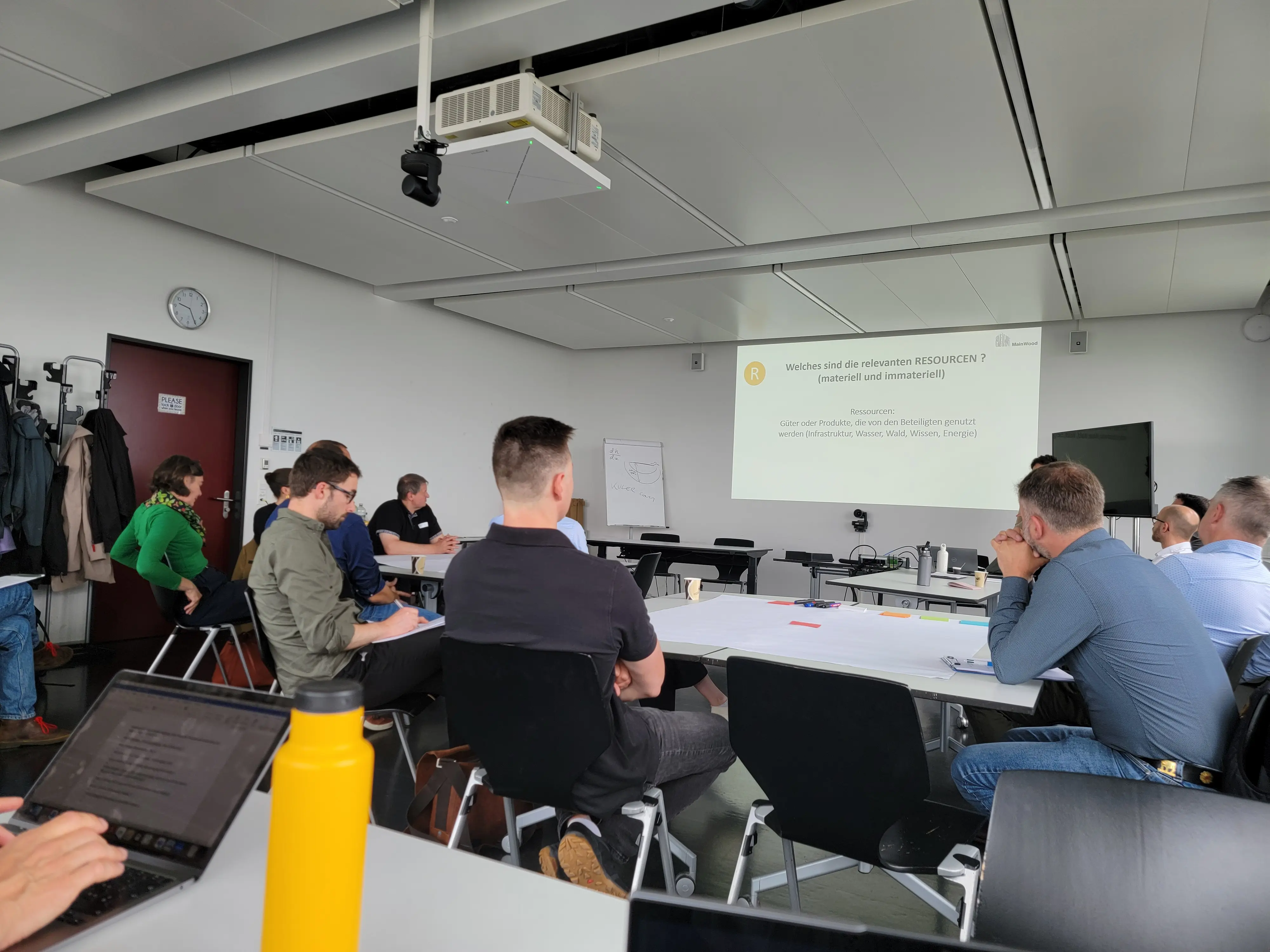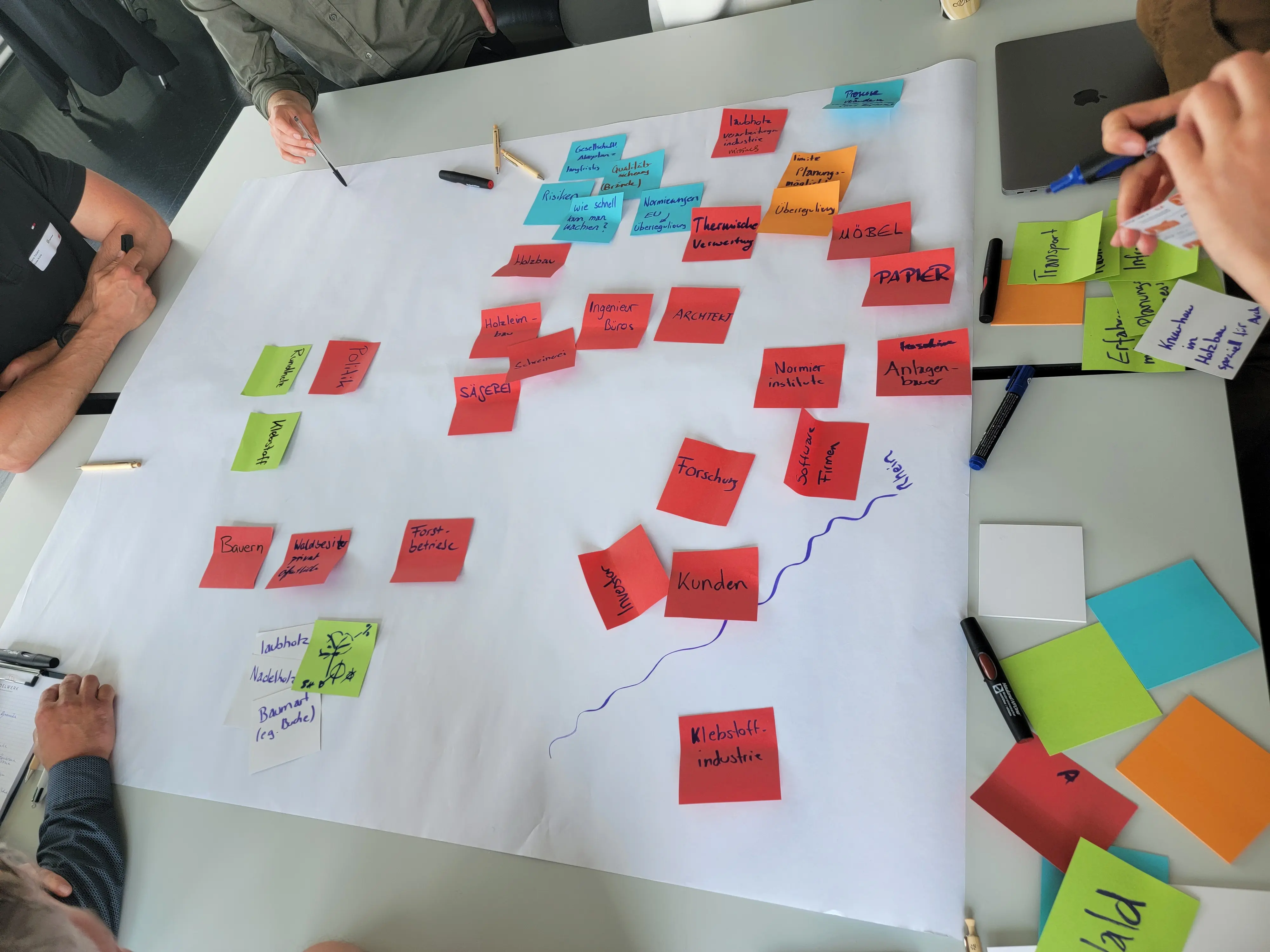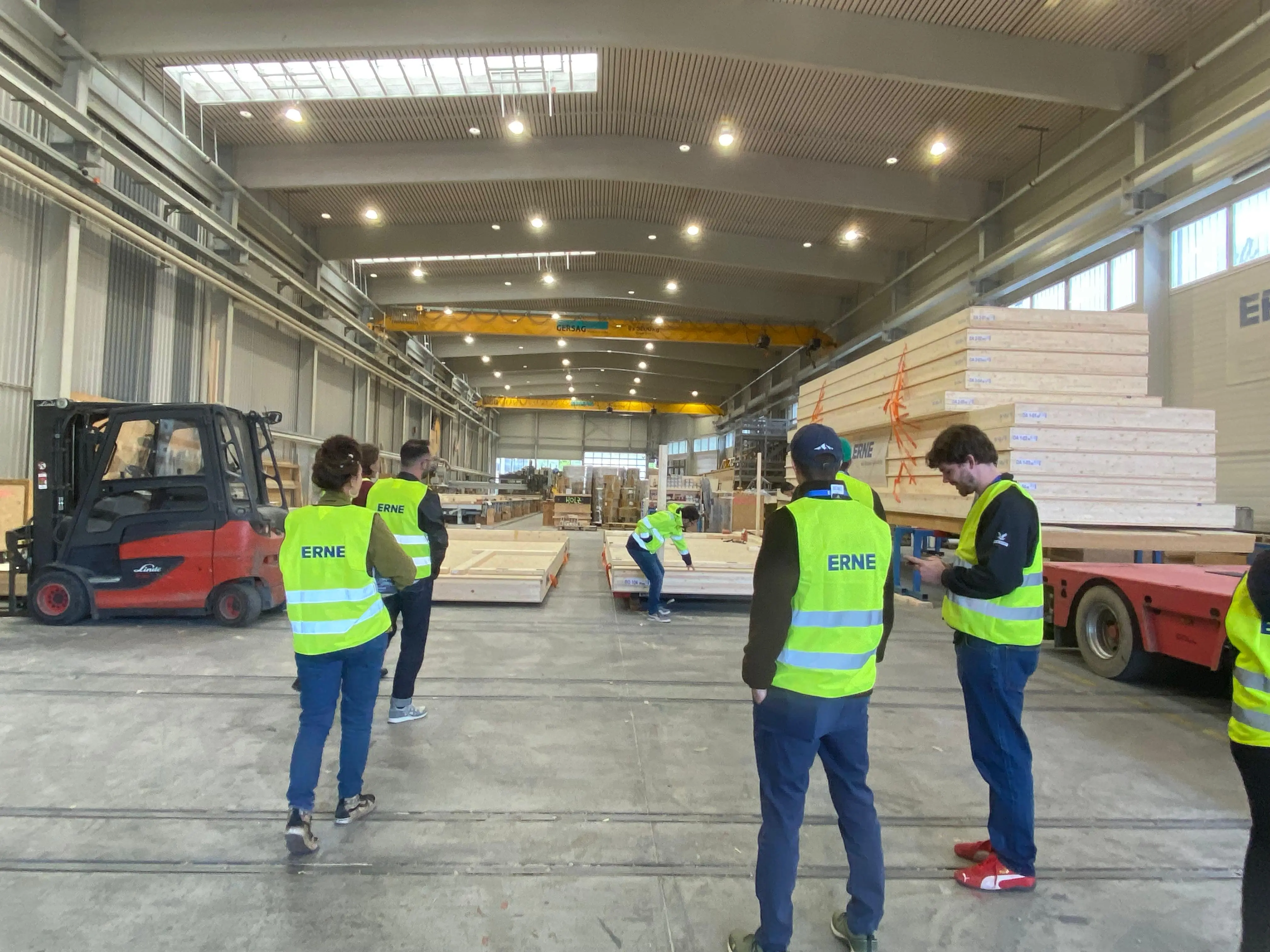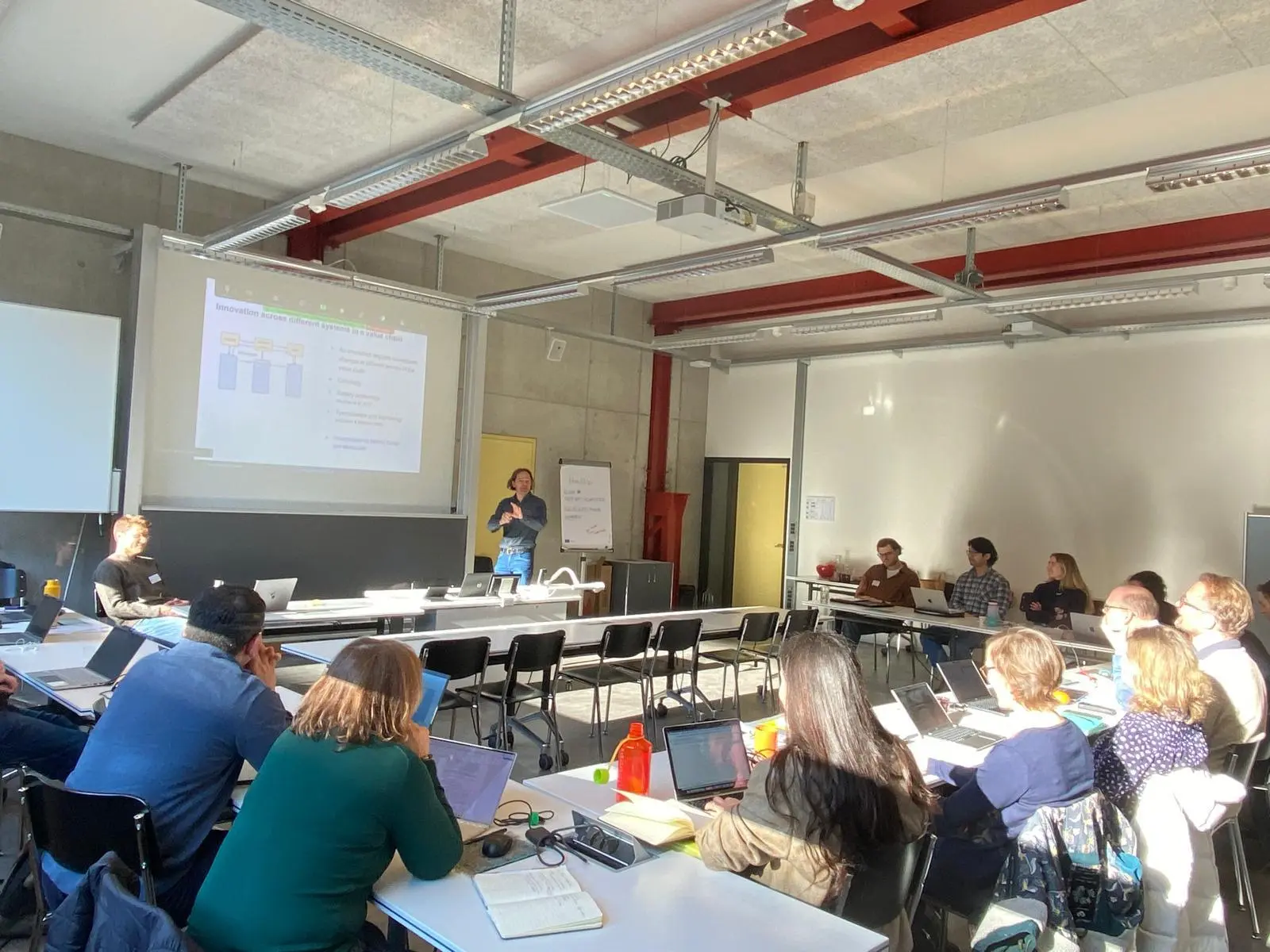Transitions

“Today’s sustainability challenges demand more than incremental fixes—they require transformative changes in how we produce and consume. Our team investigates these transitions from a systems perspective, examining technologies, industries, policies, business practices, and lifestyles.”
Dr. Jochen Markard, Co-Lead Team Transitions
Thematic and Methodological Focal Points
The Sustainability Transitions Group focuses on the fundamental transformation of socio-technical systems, encompassing changes in technologies, organizations, business models, institutions, infrastructures, and lifestyles. Our work is grounded in innovation and transition studies, using cutting-edge methods to contribute to research, teaching, and practical outreach. We adopt an inter- and transdisciplinary approach, blending insights from social sciences and engineering. Our expertise spans various sectors, including energy, transport, buildings, and hard-to-decarbonize industries. Our research emphasizes radical changes to combat climate change and achieve a transition to net-zero, while also addressing related sustainability challenges like resource depletion, waste, and inequality. With national and international projects and scholars, we are committed to leading the way in sustainable transformations.
Insights
LinkedIn Feed
-
LINKEDIN
🌍 CINEA Cluster Meeting on Positive Energy Neighbourhoods and Districts Horizon Europe PEDvolution project was actively presented by Amin Kouti, Paulina Rodriguez Fiscal and Vicente Carabias. The ...
ZHAW Institut für Nachhaltige Entwicklung (INE)
-
LINKEDIN
Wir durften am INE ZHAW School of Engineering eine tolle interdisziplinäre Bachelorarbeit zwischen Studierenden der Studiengänge Energie-Umwelttechnik und Data-Science betreuen. Die Zusammenarbeit zum ...
ZHAW Institut für Nachhaltige Entwicklung (INE)
Ongoing Projects
- RENOWAVE: The aim of the project is to reduce the CO2 emissions of the Swiss building stock through energy-efficient refurbishment and the replacement of fossil fuels with renewable energies.
- SWEET PathFNDR: In line with the vision of net-zero greenhouse gas emissions, we envision an efficient, flexible, resilient, cost-effective and sustainable Swiss energy system by 2050. Within this future, our main objective is to develop and analyse transition pathways for the integration of renewable energy in Switzerland.
- SWEET SWICE: The SWICE project aims to identify and quantify the potential energy savings and opportunities to improve quality of life that may arise from future urban scenarios involving new ways of living and working, changing mobility behaviour and different business models.
- SWEET Lantern: We want to promote new ways of living and working, changing leisure and mobility behaviour, growing environmental awareness, business models based on new digital technologies and a more restrictive policy framework, all of which will have a significant impact on future energy consumption.
- V2G Pathways: Sector coupling, in the sense of mobilising complementary innovations from neighbouring sectors such as the electricity or ICT sector, is a central component in the transition of the Swiss transport sector towards "net zero". A key concept at the interface of all three sectors is V2G technology. In this project, we will identify feasible pathways and supporting policies for an efficient V2G implementation.



